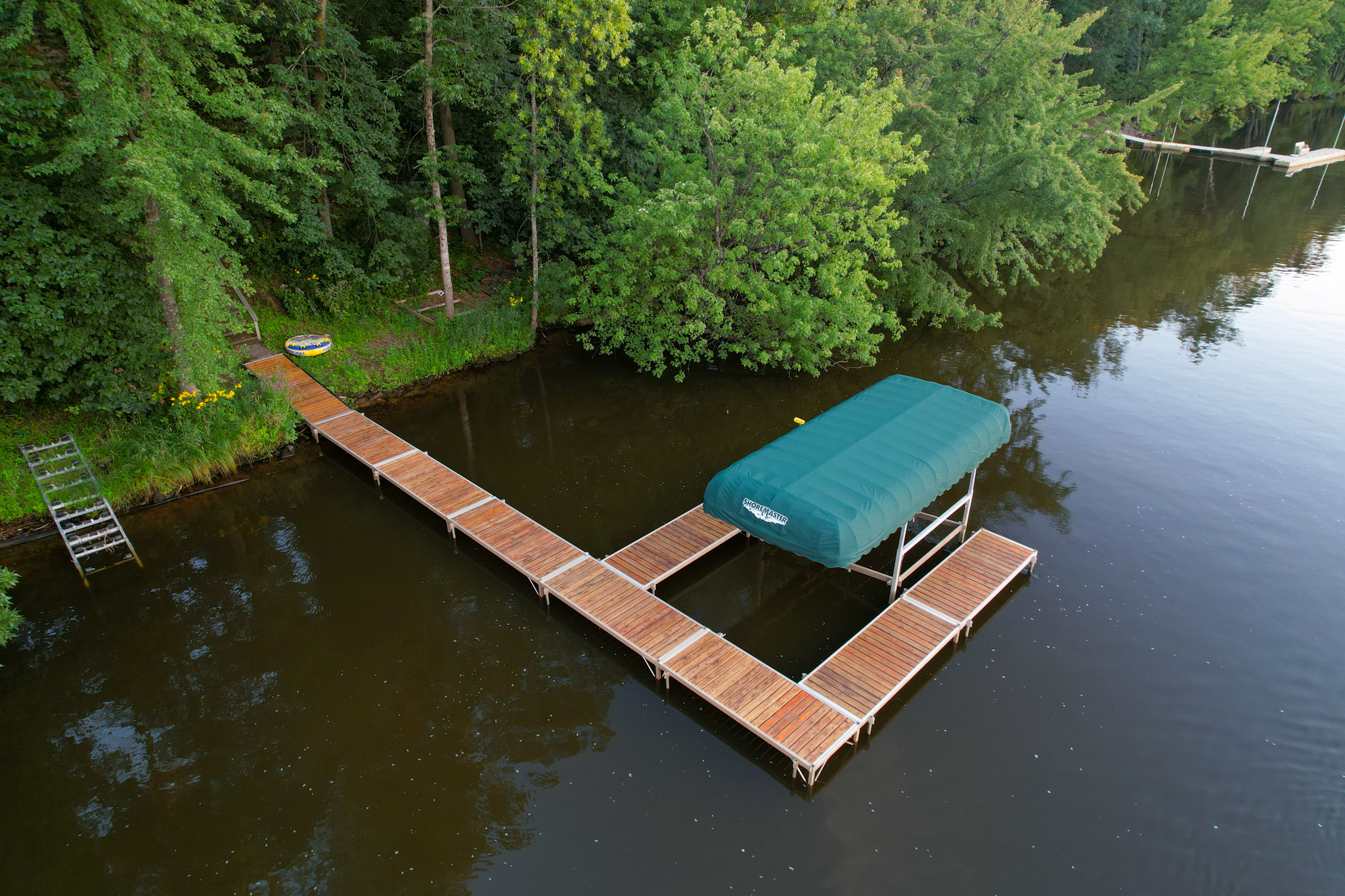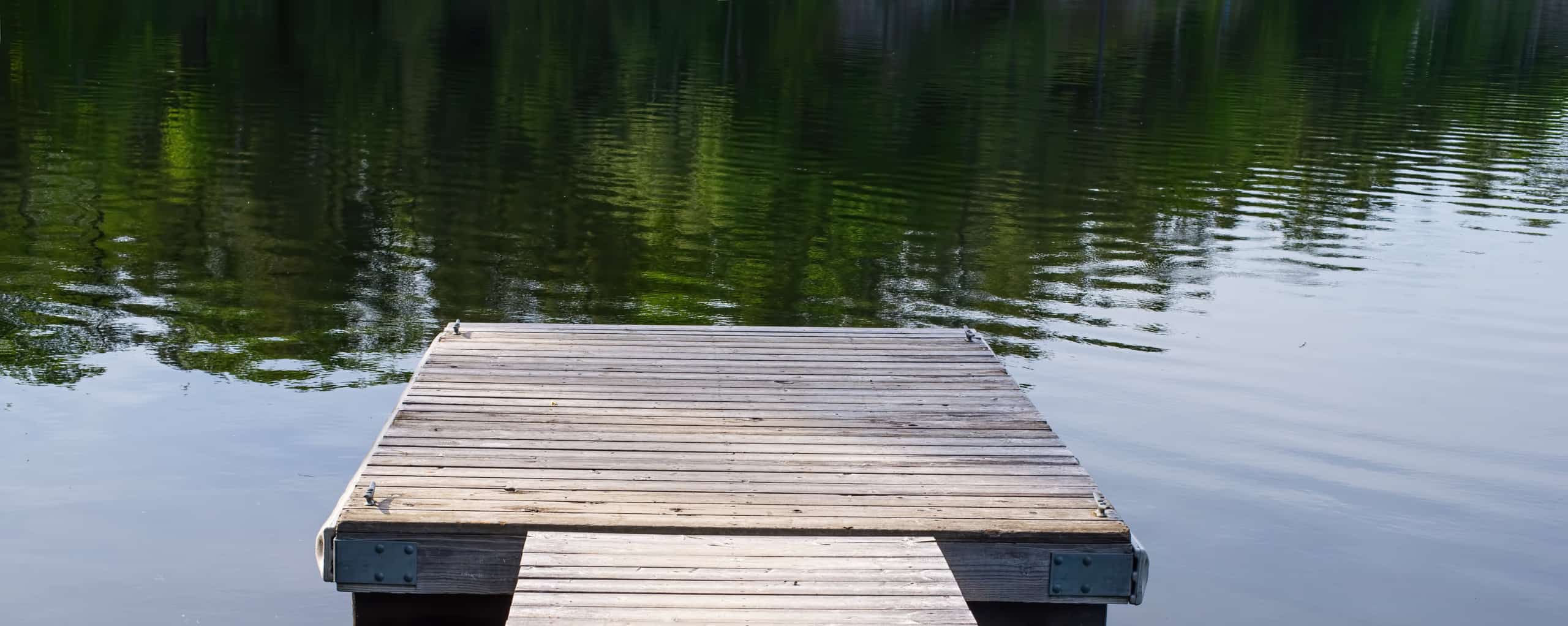Crafting Customized Solutions: Why a Floating Dock Builder is Important for Unique Demands
Crafting Customized Solutions: Why a Floating Dock Builder is Important for Unique Demands
Blog Article
Floating Docks: The Suitable Selection for Versatile Water Accessibility
Floating docks present a compelling service for a range of water gain access to needs, supplying adaptability that goes beyond conventional mooring choices. Their ability to adjust to changing water levels while guaranteeing security and safety and security makes them specifically useful for both business and recreational applications. In addition, the modular nature of floating docks assists in modification, satisfying particular needs. Nevertheless, the subtleties of installment and upkeep, alongside the variety of applications, require a closer assessment to fully appreciate their potential benefits and implications for river access approaches.
Advantages of Floating Docks
Floating docks deal many benefits that boost water accessibility for different applications. Their ability to fall and climb with changing water degrees makes them particularly advantageous in settings with changing trends or seasonal variations. This versatility guarantees that vessels can conveniently anchor without concern for the water's deepness, providing a reputable platform for leisure, commercial, and industrial uses.
Additionally, floating docks are commonly built from resilient materials that resist deterioration, making them suitable for long-term use in aquatic atmospheres. Their installation is generally much less invasive than standard set docks, lowering the environmental impact and facilitating quicker deployment (floating docks). This flexibility enables easier moving or reconfiguration according to individual needs or environmental modifications
Safety and security is another vital benefit; floating docks can give secure gain access to for people disembarking or boarding from boats and lower the threat of accidents related to unstable surface areas. They can be developed to accommodate a range of devices, such as fenders and cleats, boosting performance. On the whole, floating docks represent an effective remedy for enhancing water gain access to throughout varied fields while promoting safety and security and ecological sustainability.

Sorts Of Floating Docks
Numerous sorts of floating docks accommodate various needs and environments, each made with details features to enhance performance. The most common kinds consist of modular docks, which consist of interlocking sections that enable for simple personalization and development. These docks are perfect for recreational use, as they can be tailored to fit different watercraft sizes and water conditions.
One more preferred choice is the stationary floating dock, which stays anchored in area but drifts with transforming water levels. floating dock builder. This type is particularly fit for areas with minimal tidal changes, supplying stable accessibility for fishing or swimming. Furthermore, there are drive-on docks, which feature a sloped design that permits boats to conveniently drive on and off, making them ideal for individual boat and smaller sized vessels
For commercial applications, sturdy floating docks are readily available, constructed from reinforced materials to endure considerable loads and severe aquatic atmospheres. Green floating docks make use of sustainable products and layouts to decrease environmental effect, often incorporating attributes like vegetation to sustain neighborhood wildlife. Understanding the numerous kinds of floating docks guarantees that customers can select the most ideal remedy for their certain requirements.
Installment Process Review
An effective installation of floating docks requires careful preparation and interest to detail to make sure optimum performance and safety. The initial action involves assessing the site conditions, including water deepness, current, and possible barriers. This evaluation notifies the choice of the ideal dock products and design tailored to the particular setting.
Following, acquiring required licenses is important, as numerous territories have policies pertaining to building and construction on water bodies. When consents are safeguarded, the installation can continue. Begin by preparing the structure, which might include anchoring systems or pilings tailored to the dock kind and local conditions.
Following the structure configuration, set up the dock areas according to supplier specs. Make sure that all elements are securely attached and straightened to stand up to environmental tensions. Position the dock in the assigned location, guaranteeing it is degree and steady.

Maintenance Tips and Best Practices
After the setup procedure is complete, ongoing maintenance plays an important function in making sure the long life and capability of floating docks. Regular examinations need to be performed to recognize any type of indications of wear, damages, or damage - floating dock company. Examine for any kind of loosened installations, splits, or splitting up in the dock areas, as these can endanger structural honesty
Cleaning up the dock is vital to remove particles, algae, and various other build-up that can affect its appearance and safety and security. Make use of a gentle pressure wash regularly to keep sanitation without creating damages to the surface. Additionally, applying a safety sealer every few years can assist enhance longevity and withstand ecological wear.
Take note of the mooring lines and anchors, ensuring they are complimentary and secure from rust. Replace any degraded elements immediately to stay clear of hazards. Seasonal changes might also be essential; during severe climate problems, rearranging or enhancing the dock can prevent damages.
Applications for Floating Docks
Floating docks offer a multitude of applications, providing to both entertainment and industrial needs. In leisure setups, they give seamless accessibility to waterways for tasks such as boating, fishing, and check that swimming. Their adjustable nature enables installment in differing water levels, ensuring stable and risk-free gain access to regardless of tidal fluctuations.
Commercially, floating docks are vital for marinas and waterfront organizations. They promote the docking of vessels, allowing efficient dumping and loading of items. Their modular layout enables simple expansion or reconfiguration to fit altering organization demands, making them suitable for boat rentals, excursion procedures, or angling charters.
Additionally, floating docks are made use of in ecological applications such as aquatic study and habitat reconstruction. They can serve as blog here systems for clinical researches, keeping track of water high quality, or carrying out wild animals surveys without disturbing delicate environments.
In commercial contexts, floating docks are used in construction tasks, giving access to hard-to-reach locations for equipment and personnel. Their adaptability, resilience, and very little effect on the setting make them an optimal choice for a broad range of applications, boosting both capability and accessibility in various water-based environments.
Final Thought
In final thought, floating docks represent an optimum remedy for diverse water access needs, owing to their adaptability, durability, and modular style. These frameworks help with risk-free mooring for numerous applications while reducing ecological effect during installation. The minimized upkeep demands even more enhance their usefulness. Because of this, floating docks act as a useful property for leisure, business, and ecological tasks, making sure reliable access to rivers and promoting sustainable methods in aquatic atmospheres.
Floating docks present a compelling option for a selection of water gain access to needs, supplying convenience that transcends typical mooring choices.Floating docks offer numerous benefits that enhance water accessibility for various applications. In general, floating docks stand for a reliable service for improving water gain access to throughout diverse fields while promoting safety and environmental sustainability.
Another prominent alternative is the stationary floating dock, which continues to be anchored in place however floats with changing water levels.In verdict, floating docks stand for an optimum solution for varied water accessibility needs, owing look what i found to their versatility, toughness, and modular style.
Report this page